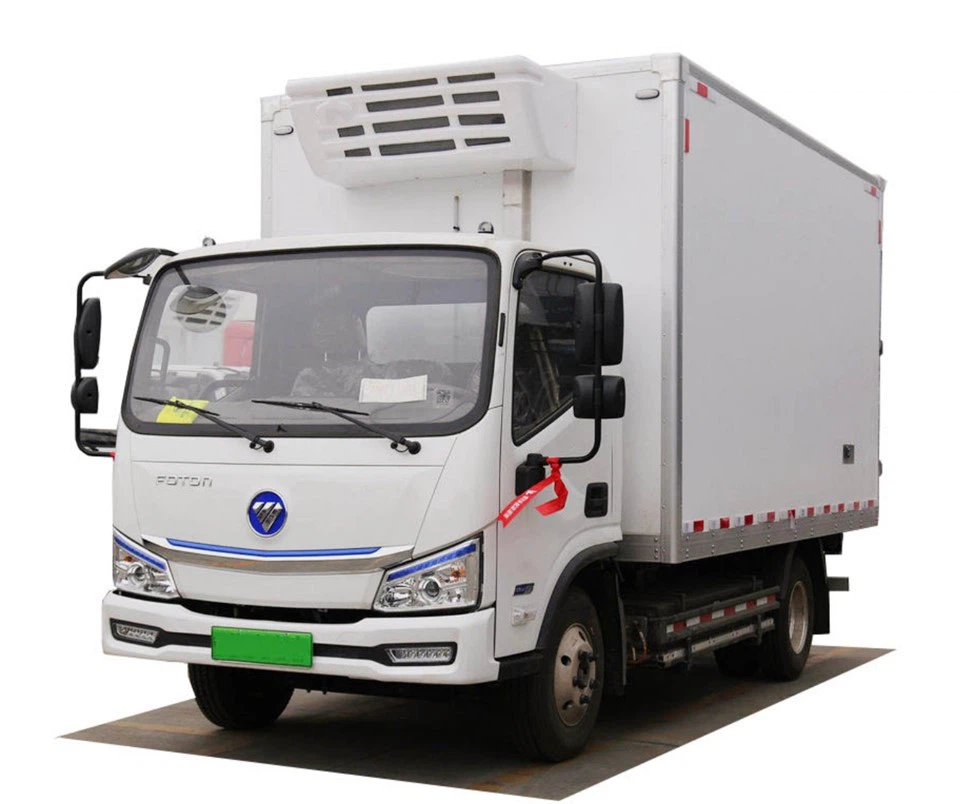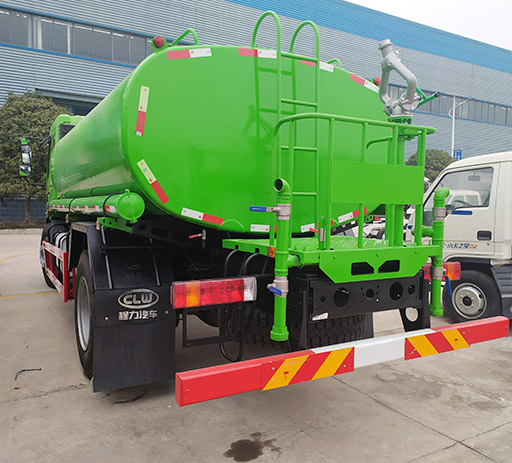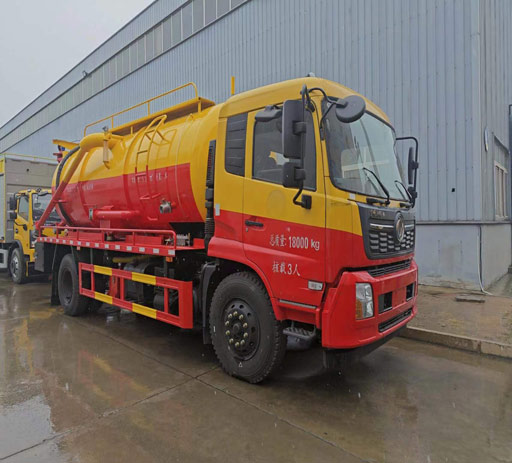Hooklift Body for Sale: A Comprehensive Guide

Are you looking for a reliable and versatile hooklift body for sale? With their unique design, hooklift systems offer an efficient solution for a wide range of hauling needs. In this article, we will dive deep into the world of hooklift bodies, exploring their benefits, types, applications, and tips for selecting the right one for your business.
What is a Hooklift Body?

A hooklift body is an attachment designed for hooklift trucks, allowing for quick and efficient loading, unloading, and transportation of various containers and equipment. Unlike traditional dump trucks, hooklifts can switch between different bodies, making them an adaptable choice for businesses that require versatility.

Core Components
- Hooklift Frame: The primary structure that supports the hooklift system.
- Hydraulic System: Powers the lifting and lowering of the hooklift body.
- Body Container: The specific container or body type you wish to transport.
Benefits of Hooklift Bodies
1. Versatility
Hooklift systems can accommodate a range of body types, such as dumpsters, flatbeds, and storage containers. This adaptability makes them ideal for numerous industries.

2. Space Efficiency
With a hooklift system, businesses can switch between different bodies without additional vehicles, saving on garage space and operational costs.
3. Enhanced Productivity
Loading and unloading times are significantly reduced, minimizing downtime and allowing for more efficient operations.
4. Cost-Effectiveness
Investing in a hooklift body can lead to long-term savings on equipment purchases and maintenance due to their durability and ease of use.
Types of Hooklift Bodies
1. Dump Bodies
These are designed for aggregate and loose material transport, featuring a hydraulic system for easy dumping.
2. Flatbeds
Ideal for moving equipment, machinery, and oversized loads, flatbeds provide a spacious loading area without side restrictions.
3. Roll-off Containers
Perfect for waste management, roll-off containers can be placed at job sites for convenient debris collection.
4. Enclosed Bodies
These are designed for transporting sensitive materials, offering protection from weather and theft.
Practical Examples of Hooklift Bodies in Use
Construction Industry
Construction companies often utilize dump bodies for transporting materials like gravel and sand, while flatbeds are used to carry heavy machinery.
Waste Management
Hooklift systems with roll-off containers are essential for efficient waste collection and disposal, enabling rapid exchange of containers at job sites.
Landscaping
Landscaping companies benefit from hooklift bodies for easily transporting plants, soils, and equipment between sites.
Tips for Choosing a Hooklift Body
1. Assess Your Needs
Identify what materials or equipment you’ll be transporting and choose a body that fits those specific requirements.
2. Check Compatibility
Ensure that the hooklift body is compatible with your existing truck or vehicle for optimal performance.
3. Consider Weight Capacity
Evaluate the weight capacity of the hooklift body to avoid overloading, which could lead to operational issues and safety hazards.
4. Look for Quality and Durability
Choose bodies made from high-quality materials that can withstand rigorous use and environmental conditions.
5. Explore Local Vendors
Check local dealerships or online marketplaces specializing in hooklift bodies for the best deals and service.
Where to Buy Hooklift Bodies
Hooklift bodies can be purchased from various sources:
- Dealerships: Authorized dealers often provide warranties and support.
- Online Marketplaces: Websites like eBay or Craigslist may offer used or new options at competitive prices.
- Manufacturer Direct: Buying directly from manufacturers can provide insights into customization options.
Factors Affecting the Price of Hooklift Bodies
| Factor | Description |
|---|---|
| Type of Body | Different body types carry different costs, with specialized bodies being pricier. |
| Material | High-quality materials increase the body’s durability but also its price. |
| Brand Reputation | Established brands may charge more due to quality assurance and reliability. |
| Customization | Custom designs and features can significantly impact pricing. |
| Location | Transport and local demand can affect the overall cost of hooklift bodies. |
Maintenance Tips for Hooklift Bodies
1. Regular Inspections
Frequently check the hydraulic system, frame, and components for signs of wear or damage.
2. Keep It Clean
Regular washing prevents rust and deterioration, extending the lifespan of the hooklift body.
3. Lubricate Moving Parts
Proper lubrication ensures smooth operation and reduces wear and tear on moving parts.
4. Address Issues Promptly
If you notice any abnormalities, address them immediately to avoid costly repairs and downtime.
FAQ About Hooklift Bodies
1. What is the average lifespan of a hooklift body?
The average lifespan can range from 10 to 20 years, depending on usage and maintenance practices.
2. Can hooklift bodies be customized?
Yes, many manufacturers offer customization options based on specific operational needs.
3. Are hooklift systems easy to operate?
Yes, most hooklift systems are user-friendly, but training may be required for safety and efficiency.
4. How do I know the right size for my hooklift body?
Measure the typical loads you intend to carry and choose a body that matches those dimensions and weight capacities.
5. Is financing available for purchasing hooklift bodies?
Many dealers offer financing options to ease the purchase process for businesses.
6. What should I do if my hooklift body gets damaged?
Consult with a qualified technician or the manufacturer for repairs or replacement options based on the extent of the damage.
